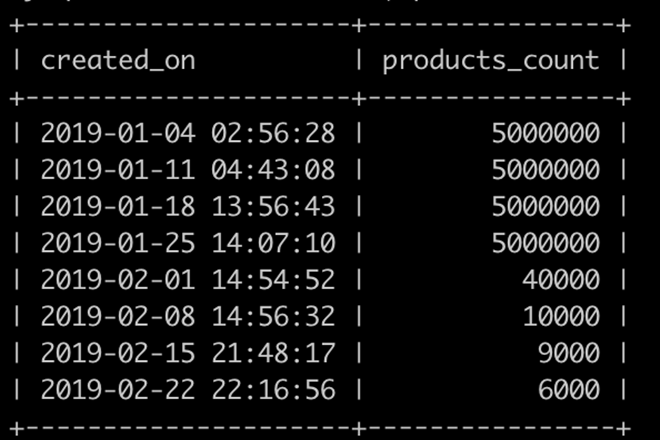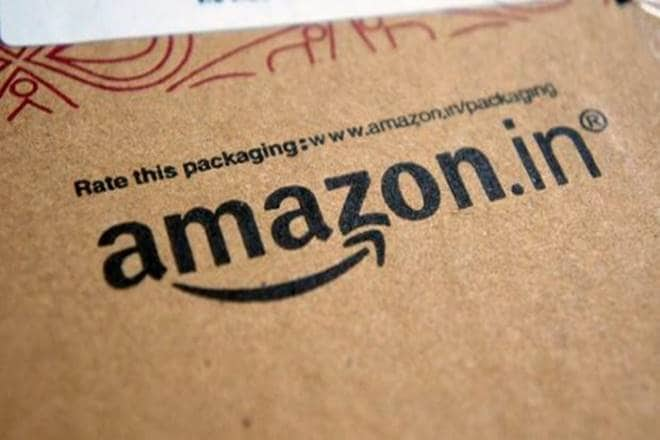The revised FDI norms for e-commerce policy, introduced on February 1, had slammed the breaks not just on Amazon India’s marketplace arm Amazon Seller Services but also on its Global Store that allows Indian customers to shop for international products.
The number of Global Store’s products listed under Amazon India nosedived from 50 lakh on January 25 to just 40,000 by 3 PM on February 1, according to the data sourced from the US-based e-commerce intelligence firm Marketplace Pulse.
The number of products further plummeted to 10,000 on February 8 before hitting the lowest count of 6,000 products on February 22.
“The Global Store had as much as 6 million products before, but on February 1 they all got removed. It’s hard to say how much sales the Store was responsible, but I’m sure it will be back in the future. In the meantime some of those products are no longer available, while some are sold by local sellers. It was without a doubt because of FDI rules,” Juozas Kaziukėnas, Founder and CEO at Marketplace Pulse told Financial Express Online.

Amazon India’s marketplace also brought back all of its product in a little over three weeks since February 1.
Amazon had 180 million products listed on its marketplace portal as on January 17, a day after it sought an extension of the February 1 deadline by four months.
However, the number of listed products gradually declined from January 17 onwards to 154 million on February 1, only to bring back all of its catalogue having 182 million products by February 22, according to the data by US-based e-commerce intelligence firm Marketplace Pulse.
“Practically all of the products which were removed before February 1 are now back on Amazon. There is always fluctuation in the catalogue because of out of stock days for example, but everything Amazon was previously selling, if still in stock, is back,” Kaziukėnas had told earlier.
As per the revised policy, FDI-backed e-commerce companies such as Amazon, Flipkart are barred from selling goods of its vendors in which it has stake or entering into exclusive marketing tie-ups.


